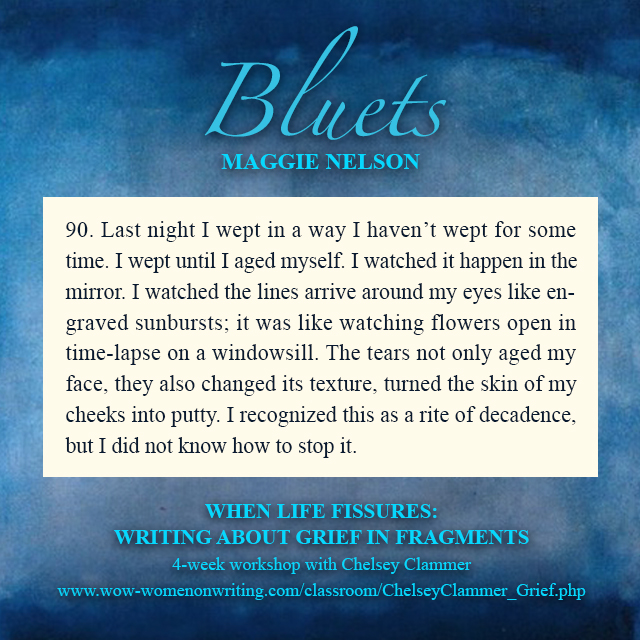Naming characters is difficult. For instance, after months of trying out names for a young female protagonist, I finally came up with Claire Randall, a name that flows off the tongue and sounds sophisticated enough for her to be interesting, curious and smart. Perfect, right? Yes, that's probably why Diana Gabaldon's Outlander series features 20th-century nurse Claire Randall. Oops!
Names are important, and can be used to explain part of a character's backstory, or establish a connection to a beloved relative or mysterious past. Nancy hates her name because she believes she was named for her father's former girlfriend. Stephen is happy to have a close connection to the other five Stephens in his family.
One effective strategy is to use unusual or unique names for two or three main characters, then more common names for minor characters. This method helps make the main characters memorable. But if it's too strange, and you're worried about readers pronouncing it incorrectly, then write a scene where someone mangles it, and is corrected with a phonetical pronunciation.
Names also may have a connotation of wealth, or class. Some dystopian and fantasy novels equate simple names with low status, while long names denote high status. In Victoria Aveyard's Red Queen series, Mare Barrow is a peasant, while the ruling class uses names like Elara Merandusm, Queen of Norta.
Names associated with someone's profession or hobby is called an aptronym. Marilyn Fish, the oceanographer, makes an appointment with her podiatrist Dr. Foote. Hunter has lots of deer heads on the walls of his man cave.
But this practice can go too far. When I wanted to name a geologist Dr. Rocky Rockstone, everyone in my writer's group said it reminded them of the Flintstones. OK, point taken. (But I still referred to him that way in my mind, because I ruled that universe!)
Regardless, names can spotlight characteristics like age, personality or stereotypes. For example:
Kyle is a frat boy.
Alyssa is Kyle's girlfriend.
Bob is a dad.
Rose is an older woman who goes to church.
Melba also goes to church, but comes directly from the casino.
Junior works in the family business.
Aurora is a princess.
Stanley is practical.
In the end, a name is what you want it to be. Last year, after spending too much time debating a character name, I asked my husband for advice. "I don't pay attention to them," he said. "I always skip over all the names in a book."
So, don't put too much pressure on yourself because writing the character is more important than naming one. And you may want to Google it first.
Mary Horner teaches communications at St. Louis and St. Charles Community College, and definitely needs to rename one of her characters in her unpublished novel.
Read More »
Names are important, and can be used to explain part of a character's backstory, or establish a connection to a beloved relative or mysterious past. Nancy hates her name because she believes she was named for her father's former girlfriend. Stephen is happy to have a close connection to the other five Stephens in his family.
One effective strategy is to use unusual or unique names for two or three main characters, then more common names for minor characters. This method helps make the main characters memorable. But if it's too strange, and you're worried about readers pronouncing it incorrectly, then write a scene where someone mangles it, and is corrected with a phonetical pronunciation.
Names also may have a connotation of wealth, or class. Some dystopian and fantasy novels equate simple names with low status, while long names denote high status. In Victoria Aveyard's Red Queen series, Mare Barrow is a peasant, while the ruling class uses names like Elara Merandusm, Queen of Norta.
Names associated with someone's profession or hobby is called an aptronym. Marilyn Fish, the oceanographer, makes an appointment with her podiatrist Dr. Foote. Hunter has lots of deer heads on the walls of his man cave.
But this practice can go too far. When I wanted to name a geologist Dr. Rocky Rockstone, everyone in my writer's group said it reminded them of the Flintstones. OK, point taken. (But I still referred to him that way in my mind, because I ruled that universe!)
Regardless, names can spotlight characteristics like age, personality or stereotypes. For example:
Kyle is a frat boy.
Alyssa is Kyle's girlfriend.
Bob is a dad.
Rose is an older woman who goes to church.
Melba also goes to church, but comes directly from the casino.
Junior works in the family business.
Aurora is a princess.
Stanley is practical.
In the end, a name is what you want it to be. Last year, after spending too much time debating a character name, I asked my husband for advice. "I don't pay attention to them," he said. "I always skip over all the names in a book."
So, don't put too much pressure on yourself because writing the character is more important than naming one. And you may want to Google it first.
Mary Horner teaches communications at St. Louis and St. Charles Community College, and definitely needs to rename one of her characters in her unpublished novel.















